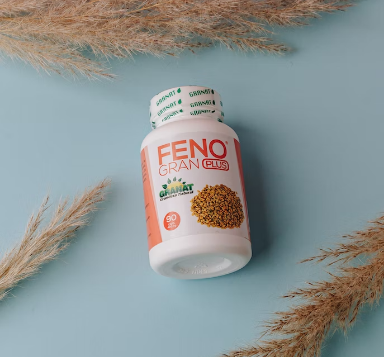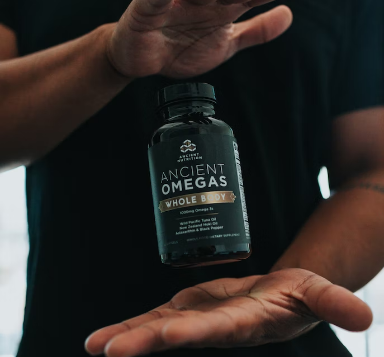Frequently Ask Questions.
Telomeres are parts of our chromosomes that affect how cells age. Like the plastic tips at the end of shoelaces, telomeres are caps at the end of each strand of DNA that protect it and allow cells to function and reproduce properly. Telomeres shorten each time a cell divides which, over time, leaves genetic DNA unprotected and causes cellular function to be compromised and ultimately leads to cell apoptosis (death) or senescence. Every organ in the body (skin, liver, heart, etc.) is made up of cells, so telomeres are vital to good health. Learn more about Telomere Biology.
The length of a person’s telomeres is a good indicator of their overall health status. Having short telomeres can accelerate the natural aging process on a cellular level. Some cells, like those found in the skin and immune system, are most affected by telomere shortening because they reproduce more often. Learn more about telomeres and cellular aging. For a body to stay healthy, it is important to maintain telomere length.
Telomerase is a naturally-occurring enzyme in the body that can slow, stop or even reverse age- and lifestyle-related telomere shortening. Scientific research has shown activating telomerase in human cells reduces telomere shortening and allows older cells to begin replicating again.
Transiently activating telomerase causes no permanent genetic shift in any cells. It keeps healthy cells from becoming senescent or undergoing apoptosis, whereas permanent activation would allow mutated cells to continue to divide endlessly.





